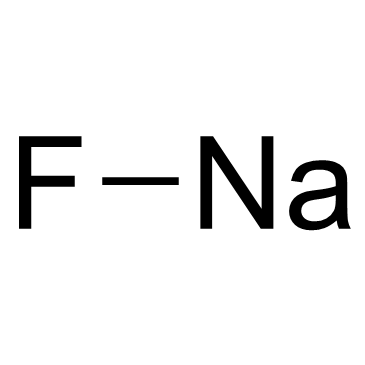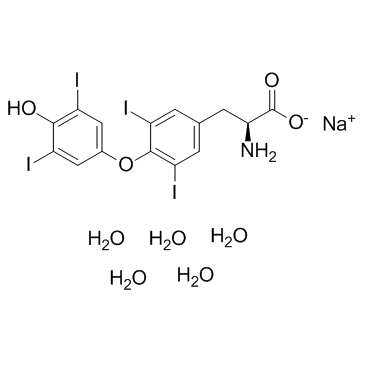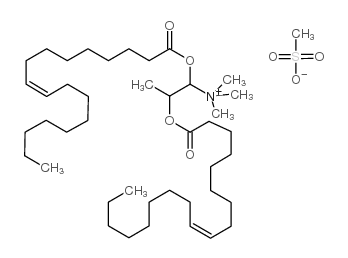| Structure | Name/CAS No. | Articles |
|---|---|---|
 |
Sodium Fluoride
CAS:7681-49-4 |
|
 |
Cytidine
CAS:65-46-3 |
|
 |
Sodium levothyroxine pentahydrate
CAS:6106-07-6 |
|
 |
DOTAP Transfection Reagent
CAS:144189-73-1 |